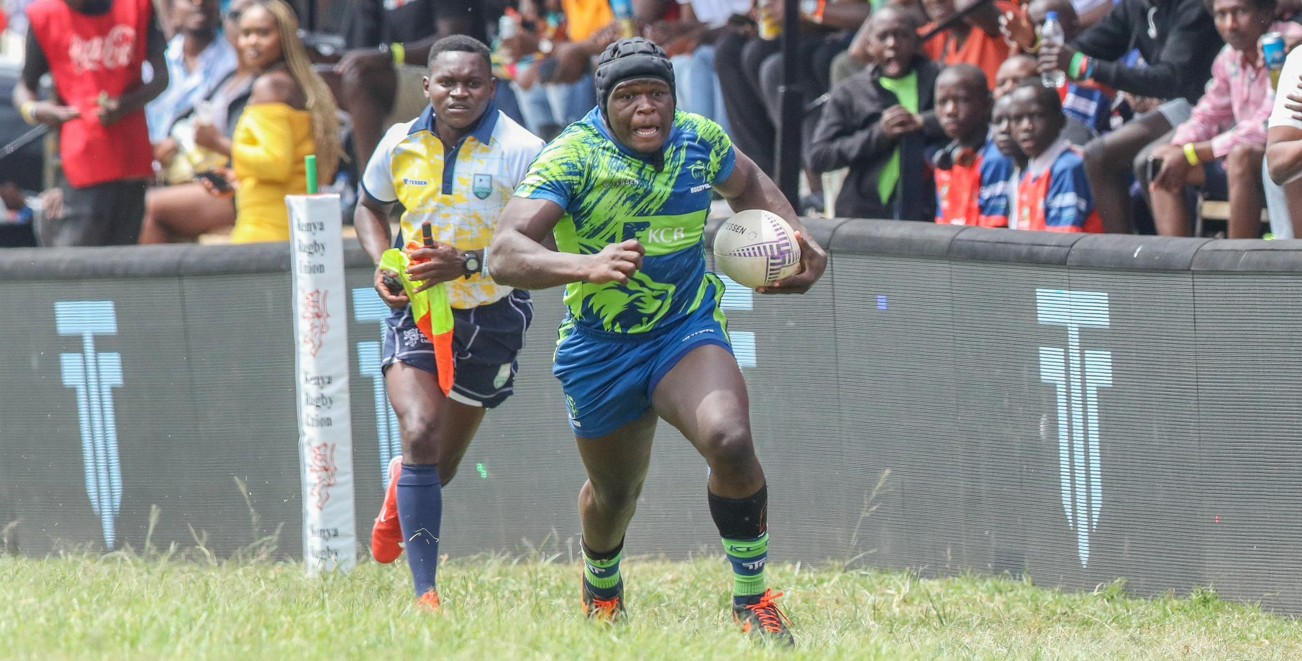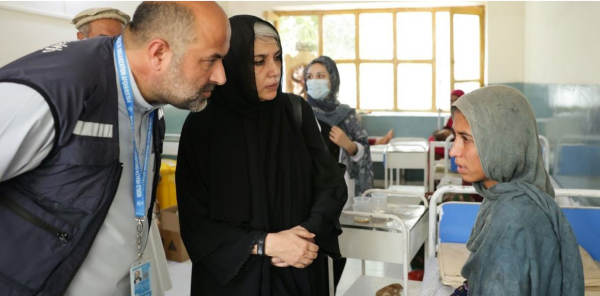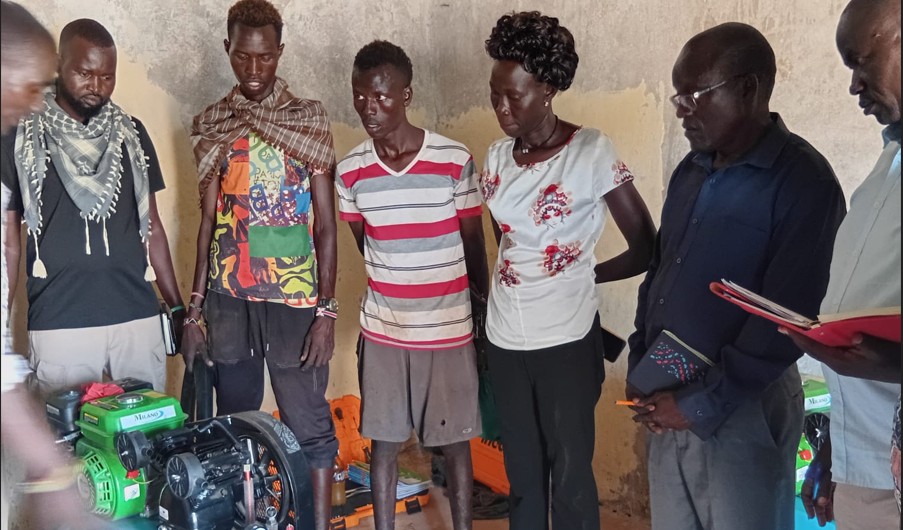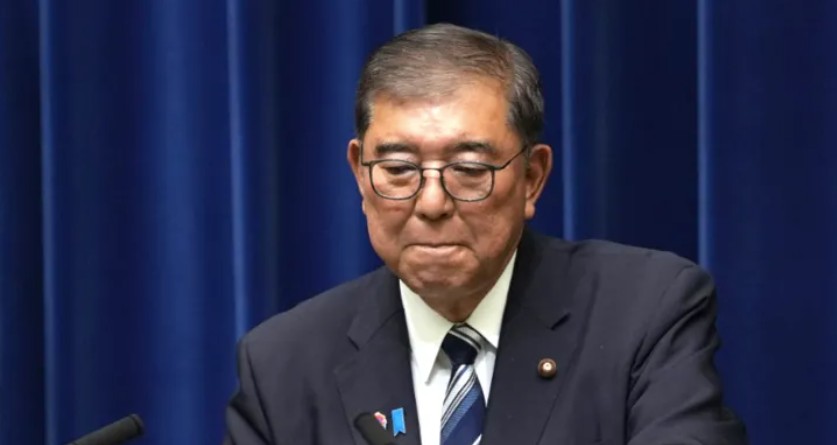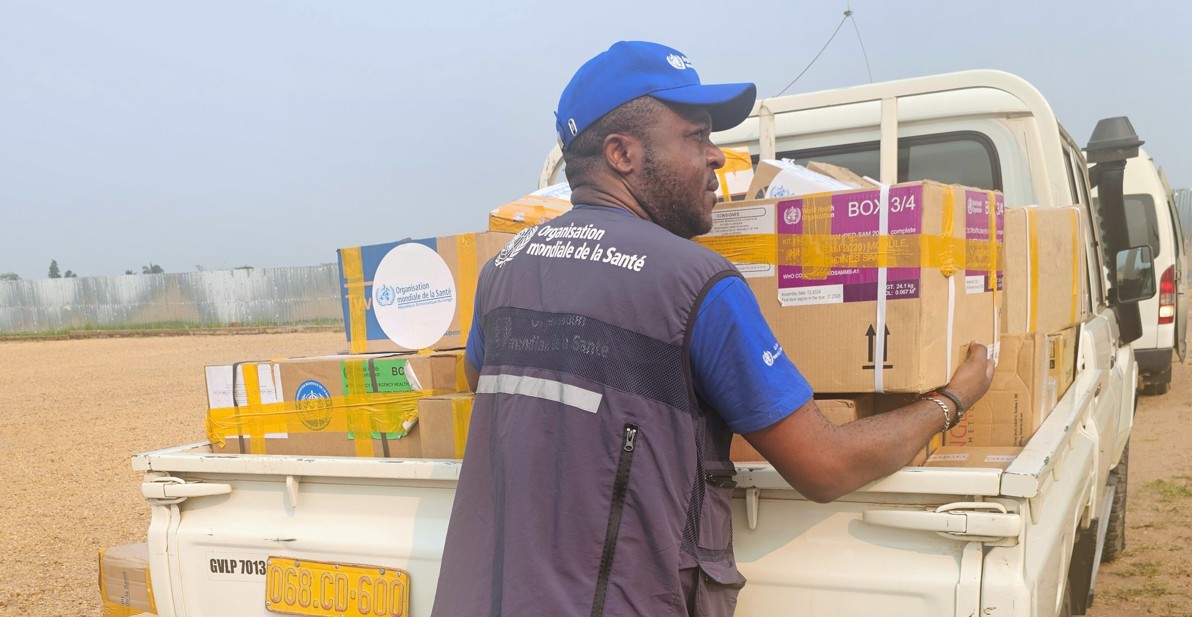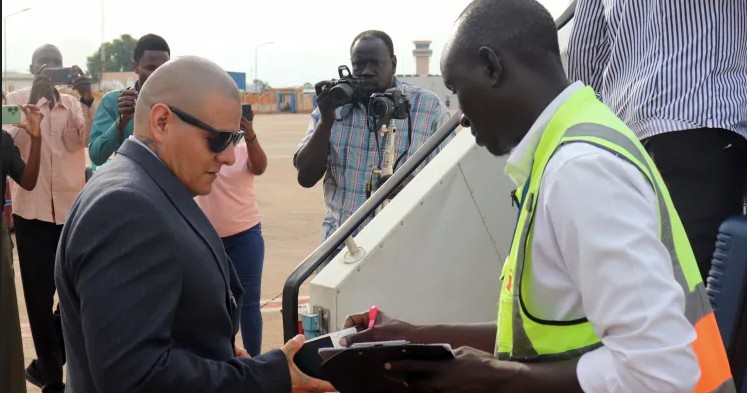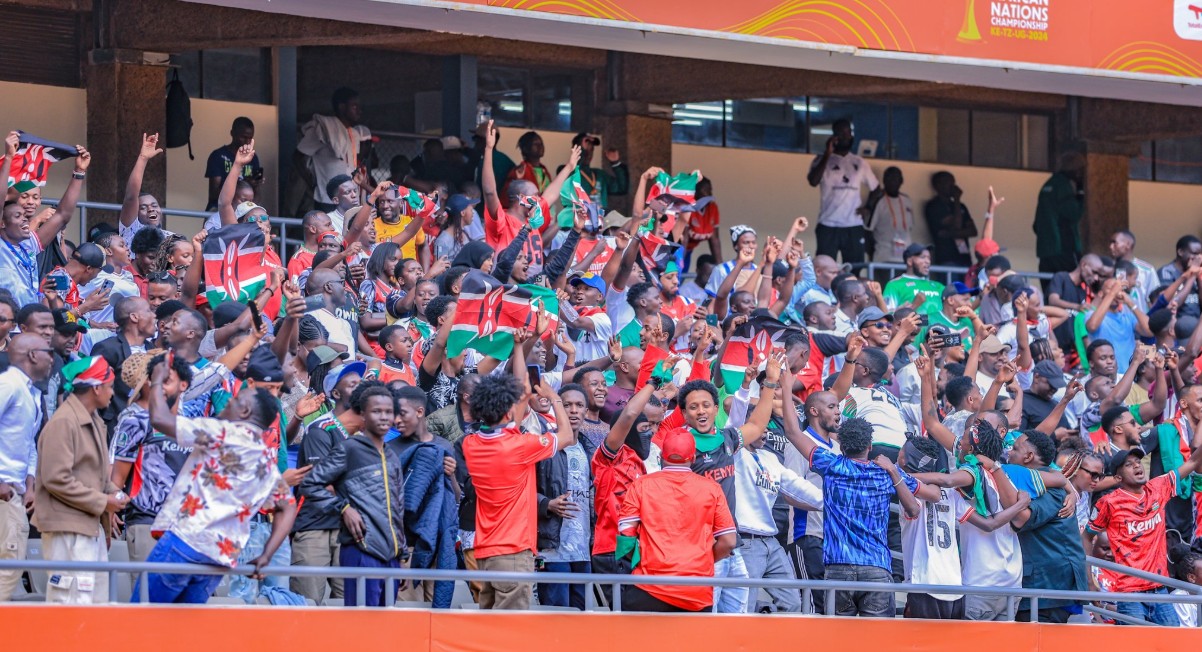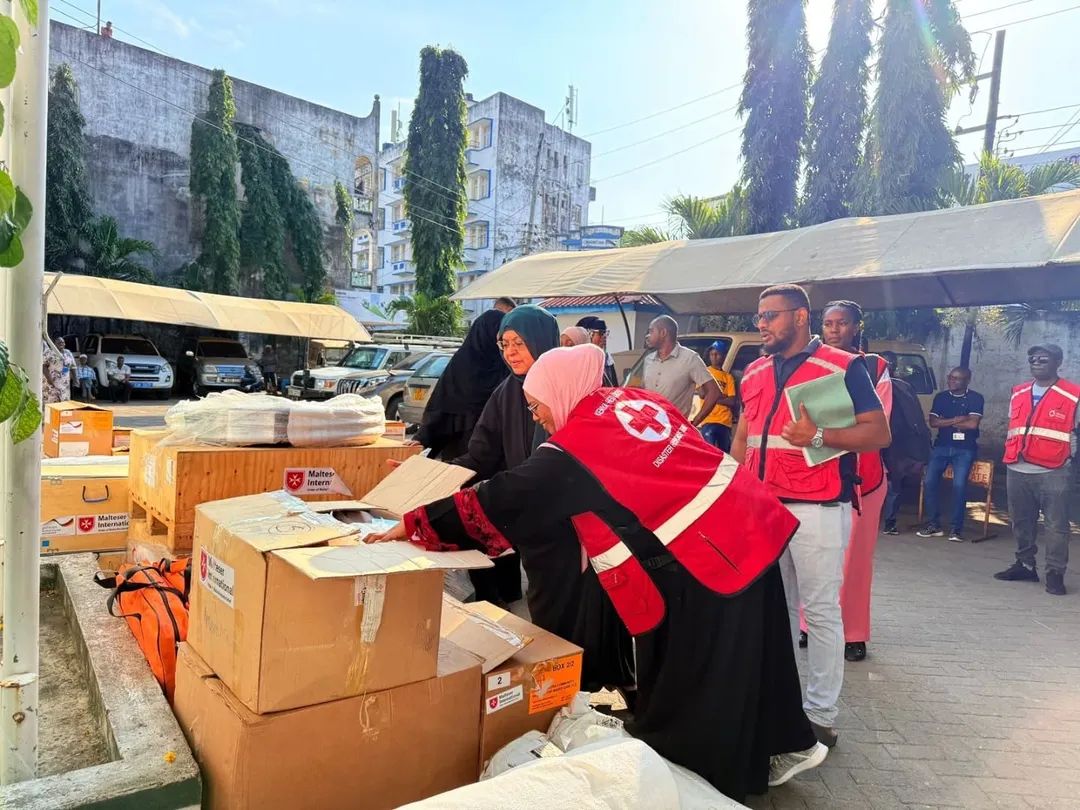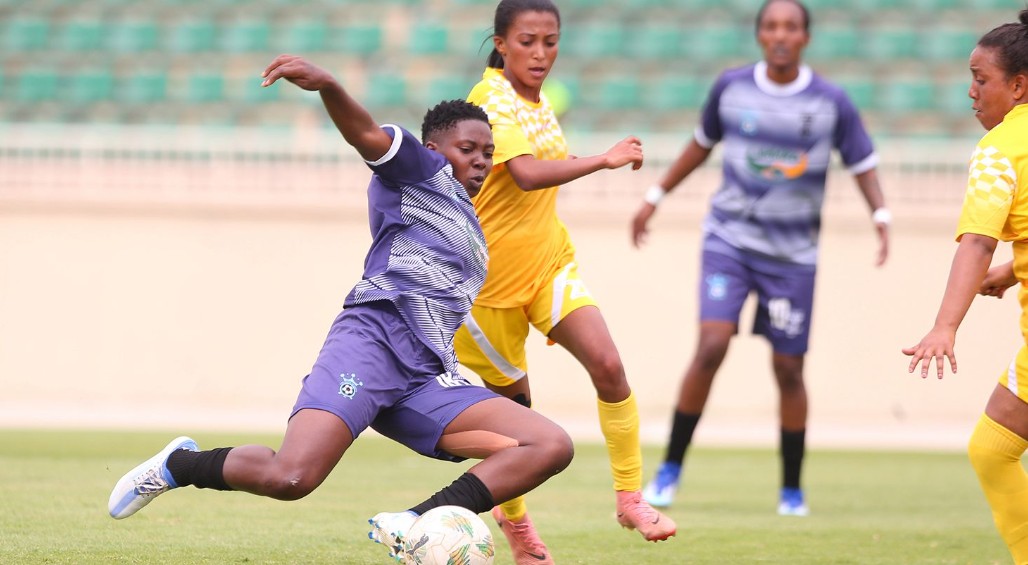Shakahola survivors still terrified by Pastor Paul Mackenzie’s name, psychologist tells court
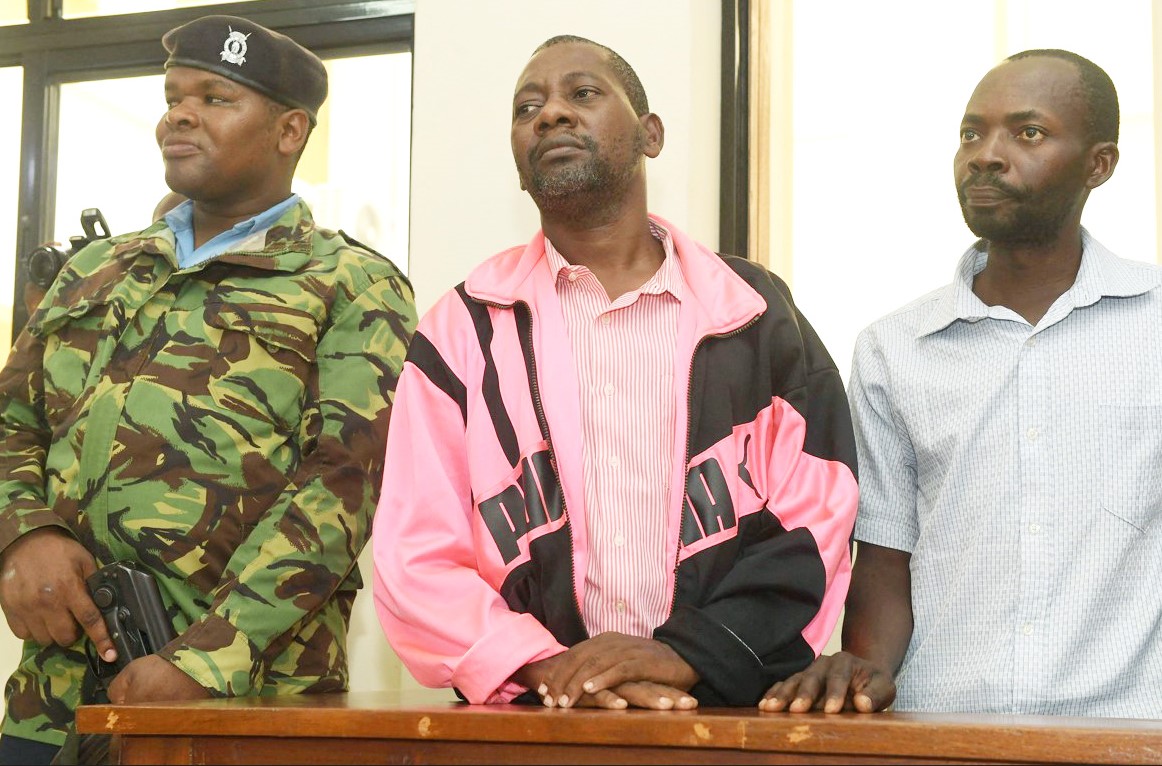
She said they handled 13 children, many of whom displayed symptoms of deep trauma and grief. Some carried intense anger, while others struggled with stress disorders and haunting nightmares brought on by the violence they had witnessed against both children and adults.
Three years after the Shakahola massacre, children who survived are still haunted by the trauma they experienced in the forest, a Tononoka court has heard.
Dr Florence Mueni, a clinical psychologist, described to the court the devastating psychological toll on the young survivors.
More To Read
- Groundbreaking trial finds single dose of LSD eases anxiety
- WhatsApp messages reveal how Mackenzie persuaded his followers to abandon homes for Shakahola
- Grieving father testifies on losing 12 family members in Shakahola massacre
- Children’s Officer recounts how minors were rescued from Paul Mackenzie’s followers
- IG Douglas Kanja faces grim reality of Kwa Binzaro exhumations
- Murkomen warns Kenyans against silence on cults as new mass graves found in Kilifi
She said the children were exposed to severe starvation, isolation, indoctrination, and death experiences that left lasting scars on their mental health.
“The child experiences recurring nightmares and intrusive thoughts of witnessing people die. He expressed sadness when recalling the trauma, including being tied to a tree,” she testified, referring to one of the children she treated.
Mueni was among the team of volunteers who offered therapy to the children. In those early sessions, she listened to stories that were difficult to bear, children forced to stay silent as their siblings and parents died, ordered not to cry, and exposed to cruelty in the Shakahola forest.
She said they handled 13 children, many of whom displayed symptoms of deep trauma and grief. Some carried intense anger, while others struggled with stress disorders and haunting nightmares brought on by the violence they had witnessed against both children and adults.
“This child reported that the death of his brother, who died while he was watching him, was the worst part of the experience,” she said.
Mueni also testified that some children could not recall parts of their ordeal. The physical weakness from starvation caused dizziness and memory gaps.
Others spoke of fear, shame, and losing interest in things they used to enjoy.
“He also reported fear, anger, shame, and a loss of interest in things he previously enjoyed,” she said of one minor.
She explained that many of the children showed signs of a collapse response — a trauma reaction where the body shuts down under extreme stress or danger.
Mueni added that some of the children had been so radicalised that they became visibly frightened just hearing the name of Pastor Paul Nthege Mackenzie.
However, she said there was hope. After months of therapy and psychosocial support, most of the children began to regain their confidence, found the strength to face their past, and were able to return to school.
The court also heard from Chief Raymond Msindah, who gave a chilling account of the events that led to the discovery of the massacre.
He testified before Principal Magistrate Nelly Chepchirchir that he began receiving reports from villagers who had seen children wandering in the forest, not attending school.
The reports were troubling, children spotted deep in the forest, hidden away from the rest of the world.
The chief learned that three children had managed to escape and were being sheltered by village elders Joseph Sulubu and Changawa Mangi.
He escalated the matter, contacting children’s officers who, through court orders, had the children transferred to safe homes.
Chief Msindah said he then proceeded to the forest on a fact-finding mission. But his attempt to go deeper into the forest was stopped when he encountered a group of armed men. Unable to continue, he reported what he had seen to the police.
His report triggered a police raid into the forest, an operation that exposed the scale of the tragedy.
He also identified one of the accused, Evans Sirya, as someone he had seen among Mackenzie's followers inside the forest.
Top Stories Today
